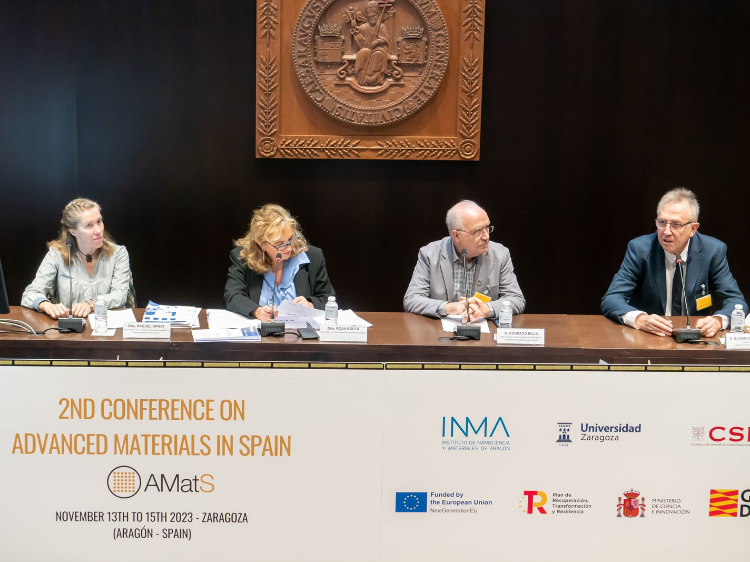
The Complementary Plans are collaborations with the Autonomous Regions in R&D actions in which common priorities of the state plan and regional plans converge, allowing synergies to be established in strategic areas reflected in the state and regional Smart Specialisation Strategy (RIS3). The aim is to create synergies, align the implementation of funds, and establish common priorities. In order to build territorial synergies, the Complementary Plans envisage the participation of several Autonomous Regions in a programme, with the possibility of participating in several projects. This allows for the use of unique capacities and infrastructures, together with the possible participation of companies. The programmes will have a duration of 2-3 years, with co-financing commitments and co-governance mechanisms, enhancing territorial economic transformation.
This scientific conference, together with the one held in Gandía in November 2022, is part of the set of activities planned in the aforementioned Advanced Materials Complementary Plan, one of the eight launched by the Ministry of Innovation and Science, in coordination with the regional governments, and which are aimed at the areas of Energy and Renewable Hydrogen; Biotechnology applied to health; Marine Sciences; Quantum Communication; Agrifood; Astrophysics and High Energy Physics or Biodiversity.
This second congress was organised by the Institute of Materials of Aragon (INMA), a joint institute of the CSIC and the University of Zaragoza, in collaboration with the Technological Institute of Aragon (ITAINNOVA) and the Aragonese Regional Government, which was represented at the opening by the Director General of Research and Innovation, Ramón Guirado. Also taking part were Rosa Bolea, Vice-Rector for Science Policy at the University of Zaragoza; Conrado Rillo, director of INMA, and Eugenio Coronado, director of the Institute of Molecular Science (ICMol) of the University of Valencia and scientific coordinator of the plan.
The scientific conference included talks by leading international researchers such as Professor Herre Van der Zant, from the Delft University of Technology (The Netherlands); Luisa de Cola, professor at the University of Milan (UNIMI), Hernán Míguez, CSIC research professor at the Institute of Materials Science in Seville (Spain); Emma Kendrick, a specialist in materials for energy applications at the University of Birmingham; Mikhail Otrokov, a researcher on the Ikerbasque programme at the Materials Physics Centre; and Vincent Bouchiat, scientific director of the Neel Institute at the CNRS in Grenoble.
The programme aims to promote multidisciplinary research on graphene and other two-dimensional materials with a view to their possible applications. It also aims to develop key innovative materials and processes for energy generation and storage, carbon dioxide capture and recovery, and the design of materials with functionalities that respond to external stimuli and are useful for information technology, communications, health, mobility and the environment.
Both the AMatS congresses and the European School on Advanced Materials (ESAM), the first edition of which was held in October 2023 in Gandía, aim to promote collaboration and synergies between the different actors involved in R&D&I in advanced materials, give visibility to the national scientific-technological community and train new generations of specialised scientists.
Another of the plan's initiatives has been the launch of AM@ESP, the digital platform that integrates and allows the search for centres, research groups and projects linked to this field, as well as companies that have expressed an interest in learning about their advances and results. AM@ESP also gives visibility to the national scientific-technological community and contributes to the dissemination and transfer of knowledge.
The complementary plan involves the regions of Aragon, the Basque Country, Catalonia, the Valencian Community, the Community of Madrid and Castilla y León, which will be responsible for organising the next edition of AM@ESP, in Valladolid (Spain). They were later joined by Castilla-La Mancha. The project will mobilise 53 million euros until 2025.

